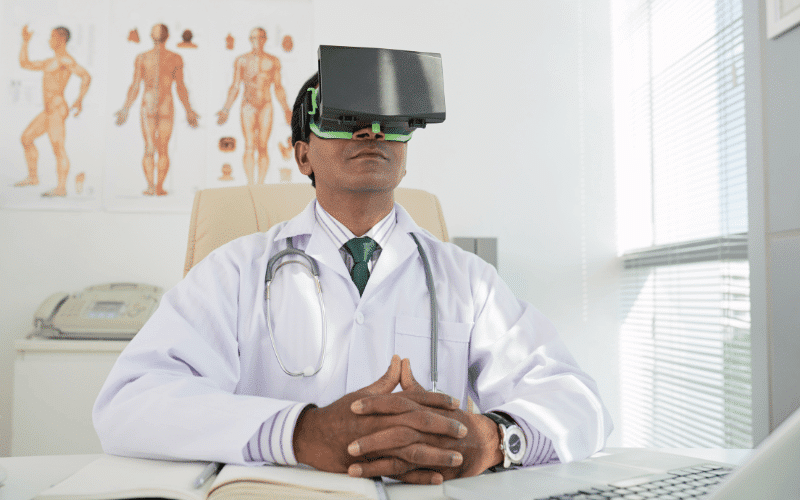Fact 12. The Potential of Technology in Managing Dementia and Depression

Digital technology is opening new frontiers in healthcare, offering innovative solutions for the management of complex conditions like dementia and depression. From digital cognitive assessments and online therapy platforms to wearable devices and smart home technologies, the possibilities are expanding rapidly.
Digital cognitive assessments can provide a convenient, efficient, and reliable way to monitor cognitive function over time. These assessments can be completed online or through a mobile app, allowing for frequent testing and immediate feedback.
Online therapy platforms offer an accessible and flexible approach to mental health support. They can deliver psychotherapy and counseling services directly to the individual’s home, overcoming barriers such as distance, mobility issues, and stigma associated with seeking mental health care. Some platforms also offer specialized programs for individuals with dementia and depression, incorporating techniques such as cognitive-behavioral therapy, reminiscence therapy, and mindfulness-based interventions.
Wearable devices, such as smartwatches and fitness trackers, can collect valuable health data and provide insights into the individual’s physical activity levels, sleep quality, and heart rate. This information can help healthcare providers to track the individual’s overall health and monitor the progress of their symptoms.
Smart home technologies can support individuals with dementia and depression in their daily living and promote independence. For example, automated reminders can help the individual remember to take their medications or attend appointments.
Sensors can detect unusual patterns of movement or activity that may indicate a fall or other health issue. Smart lighting systems can adjust the lighting based on the time of day, helping to regulate sleep-wake cycles and mood.
Moreover, assistive technology can enable people with dementia to recall important information, complete daily tasks, and maintain their sense of self. Devices such as smartphones and tablets can be programmed with personalized information, reminders, and prompts.
For example, a digital photo album can be filled with pictures from the person’s past, prompting memories and encouraging conversation. GPS devices can help to keep the person safe and reduce the risk of wandering.
As technology continues to evolve, its potential applications in dementia and depression care are expanding. Virtual reality is emerging as a promising tool for cognitive rehabilitation and psychotherapy. (12)